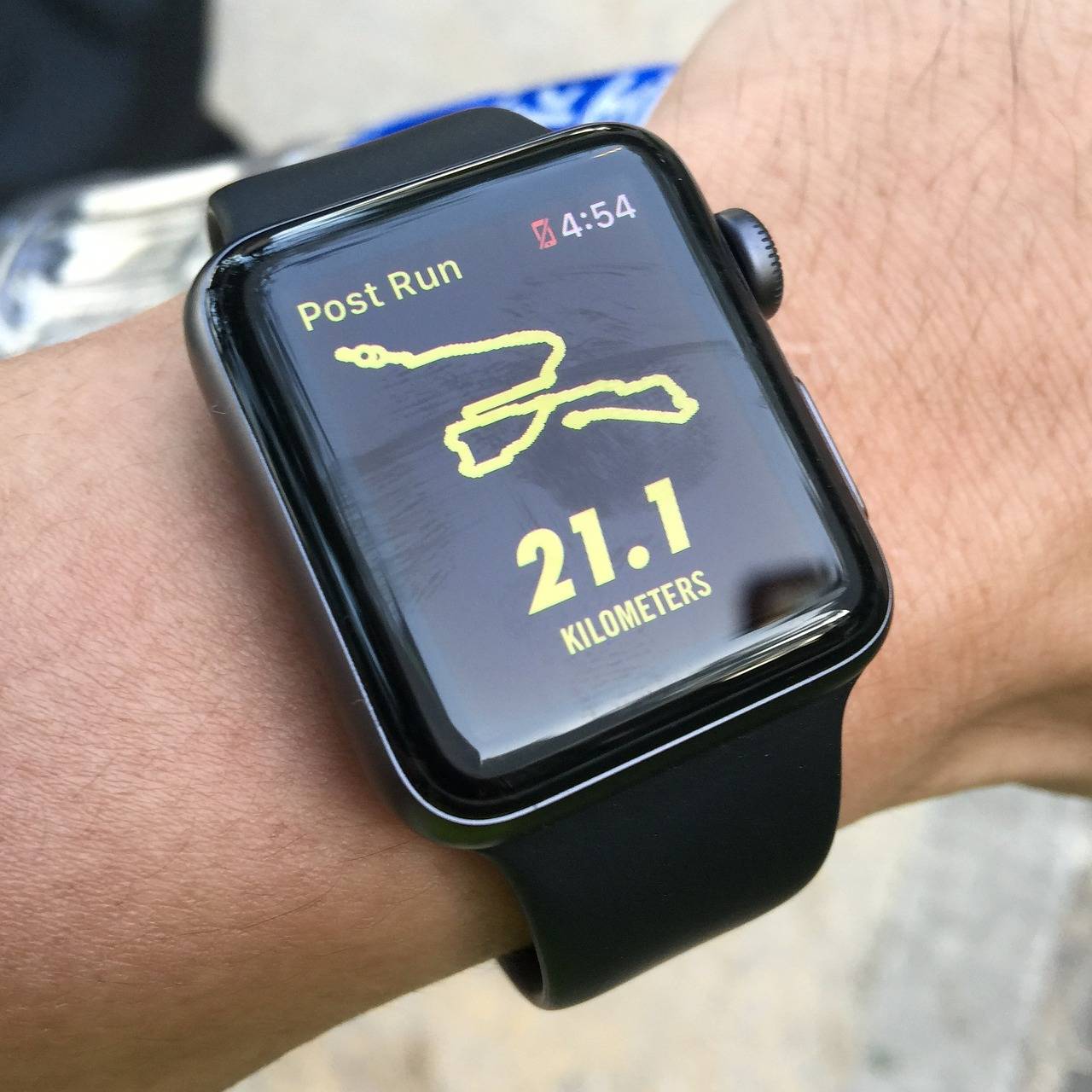How Technology is Making Healthcare More Efficient
Artificial intelligence (AI) is revolutionizing the field of medical diagnostics. Through the use of advanced algorithms and machine learning, AI systems can analyze vast amounts of medical data at unprecedented speeds and accuracy. This enables healthcare providers to make more informed decisions and reach diagnoses quicker than ever before.
AI-powered diagnostic tools are proving to be particularly beneficial in detecting complex patterns and anomalies in medical imaging, such as X-rays, MRIs, and CT scans. By leveraging AI, healthcare professionals can enhance their diagnostic capabilities and provide patients with more precise and timely treatment plans. The integration of AI in diagnostics is facilitating a shift towards more personalized and efficient healthcare practices, ultimately leading to improved patient outcomes and overall quality of care.
Telemedicine for Remote Consultations
Telemedicine for remote consultations has revolutionized the way healthcare is delivered, especially in scenarios where physical interaction is limited. Patients now have the convenience of consulting with healthcare professionals from the comfort of their homes, saving time and reducing the need for travel. Through the use of technology such as video conferencing and secure messaging platforms, healthcare providers can offer diagnoses, treatment recommendations, and follow-up care virtually.
Moreover, telemedicine has proven to be particularly beneficial in rural areas where access to healthcare facilities may be limited. Patients living in remote locations can now easily connect with specialists without the need to travel long distances. This advancement in telemedicine not only improves patient outcomes but also enhances the overall efficiency and accessibility of healthcare services, ultimately contributing to a more inclusive healthcare system.
What is telemedicine?
Telemedicine is the practice of remotely diagnosing and treating patients using telecommunications technology.
How can telemedicine benefit patients in remote areas?
Telemedicine can provide access to medical consultations and expertise that may not be readily available in remote areas, improving healthcare outcomes for patients.
How does artificial intelligence play a role in diagnostics in telemedicine?
Artificial intelligence can assist healthcare providers in diagnosing patients by analyzing medical data and images, helping to make accurate and timely assessments.
Is telemedicine a suitable alternative to in-person consultations?
Telemedicine can be a convenient and effective alternative for non-emergency medical consultations, providing patients with access to healthcare professionals without the need for travel.
Are there any limitations to telemedicine for remote consultations?
Some limitations of telemedicine include technological barriers, lack of physical examination capabilities, and potential challenges in establishing a strong patient-provider relationship.





